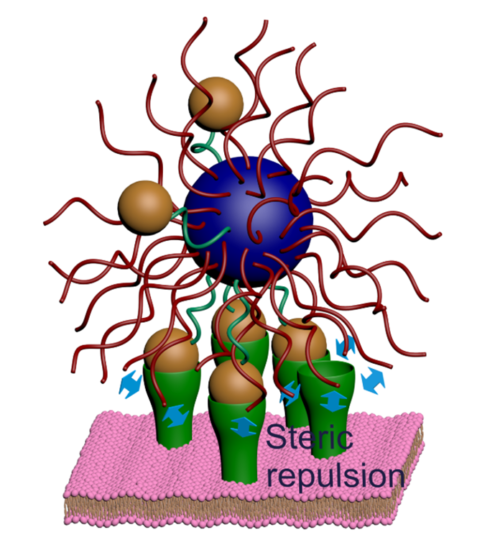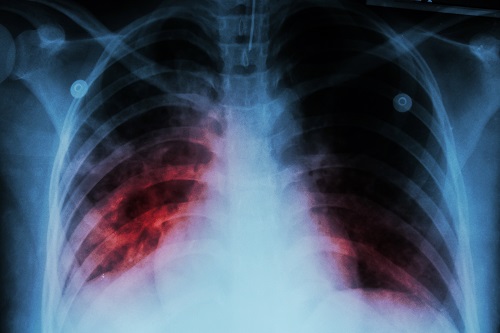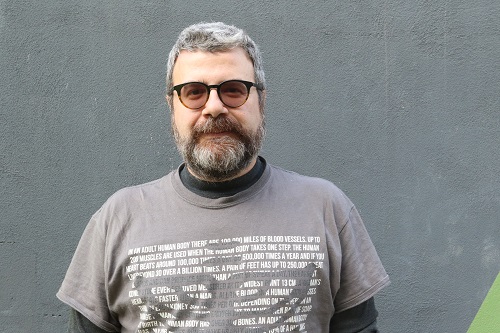Giuseppe Battaglia
Group leader
Imaginenano Online 2020
Imaginenano2020 Online Imaginenano2020 organisers have been closely monitoring global developments of the COVID-19 virus since the start of the year. The health and safety of our speakers, exhibitors, participants and … Read more
Range selectivity, a new concept that could lead to more efficient nanoparticle drug delivery
In a new study published in the scientific journal Nature Communications, researchers describe a new concept called “range selectivity”, explaining why biomimetic nanoparticles only bind to receptors when their density is within a precise range.
This finding could pave the way for the development of highly targeted therapies against a number of diseases.
Bioengineering against the most resistant and deadly bacterial infections
 An international team, led by Profs Giuseppe Battaglia and Loris Rizzello from the Institute for Bioengineering of Catalonia (IBEC), carried out out a study that opens the door to a new therapy capable of quickly and effectively eliminating infections caused by intracellular bacteria, the most resistant to immune defenses.
An international team, led by Profs Giuseppe Battaglia and Loris Rizzello from the Institute for Bioengineering of Catalonia (IBEC), carried out out a study that opens the door to a new therapy capable of quickly and effectively eliminating infections caused by intracellular bacteria, the most resistant to immune defenses.
This therapy, based on synthetic vesicles, could considerably reduce the dose and duration of antimicrobial treatments, thus reducing the danger of generating resistance to antibiotics of pathogens such as those leading to tuberculosis.
A “faster and safer” therapy against tuberculosis
A team of international scientists led by the Institute for Bioengineering of Catalonia (IBEC) has developed a “faster, more effective and safer” therapy to eliminate infections of intracellular bacteria that cause diseases such as tuberculosis. Scientists participating in the study include Group Leader Giuseppe Battaglia and the researcher Loris Rizzello of IBEC.
IBEC researchers develop a model to design precision nanomedicine
 Researchers at Institute for Bioengineering of Catalonia (IBEC) have proposed a model that gives important insights into how nanoparticles interact with cells, virus, bacteria or proteins, among others.
Researchers at Institute for Bioengineering of Catalonia (IBEC) have proposed a model that gives important insights into how nanoparticles interact with cells, virus, bacteria or proteins, among others.
The findings provide a very powerful tool to design personalized nanomedicines, since allow the scientists to create nanoparticles tailor-made for each patient.




 An international team, led by Profs Giuseppe Battaglia and Loris Rizzello from the Institute for Bioengineering of Catalonia (IBEC), carried out out a study that opens the door to a new therapy capable of quickly and effectively eliminating infections caused by intracellular bacteria, the most resistant to immune defenses.
An international team, led by Profs Giuseppe Battaglia and Loris Rizzello from the Institute for Bioengineering of Catalonia (IBEC), carried out out a study that opens the door to a new therapy capable of quickly and effectively eliminating infections caused by intracellular bacteria, the most resistant to immune defenses. 
 Researchers at Institute for Bioengineering of Catalonia (IBEC) have proposed a model that gives important insights into how nanoparticles interact with cells, virus, bacteria or proteins, among others.
Researchers at Institute for Bioengineering of Catalonia (IBEC) have proposed a model that gives important insights into how nanoparticles interact with cells, virus, bacteria or proteins, among others.